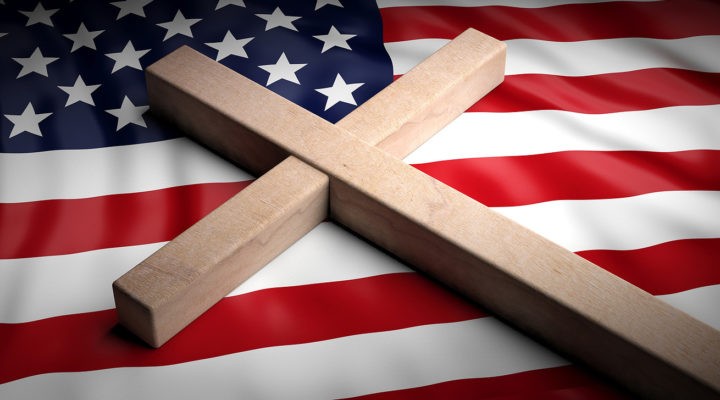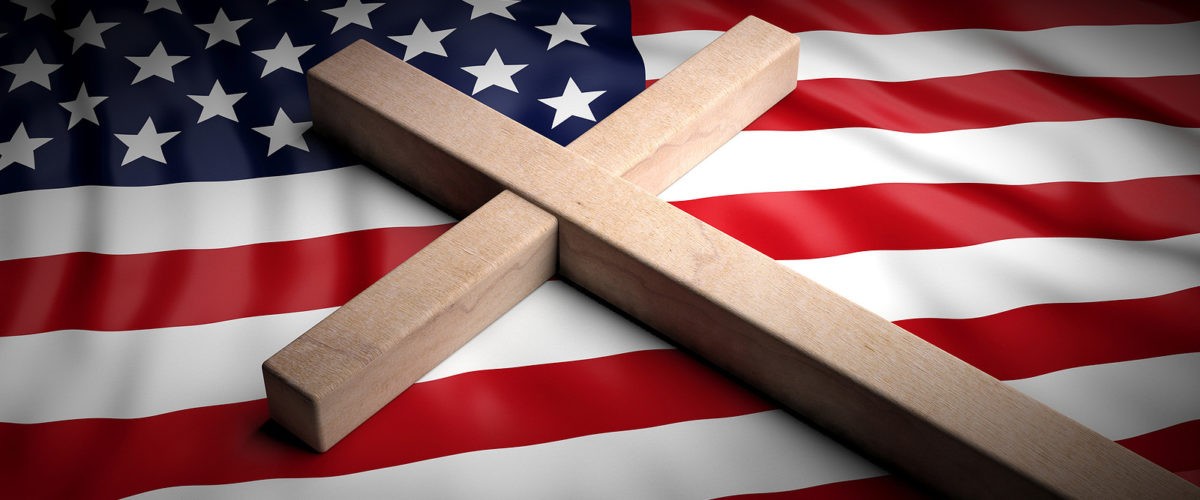Like a stool with uneven legs, distorted interpretations of Americans’ “unalienable rights” provide a precarious perch in perilous times.
The Declaration of Independence proclaims: “We hold these truths to be self-evident, that all Men are created equal, that they are endowed by their Creator with certain unalienable Rights, that among these are Life, Liberty and the pursuit of Happiness.”

Marv Knox
Most Americans learned about these rights in grade school or in citizenship class. We considered them as obvious and unmoving as the Capitol dome, the Lincoln Memorial and Mount Rushmore.
Of course, when we studied American history, looked at the layout of our cities or thought about our friends, we knew we fell short. We realized we failed to deliver those rights equitably. Still, they felt solid, with self-evident meaning. We aspired to protect them for all citizens.
However, we didn’t count on their reinterpretation. We didn’t consider they might be appropriated for tribal benefit by adherents of a theological-political movement known as Christian nationalism.
Following self-defining, closed-loop definitions, Christian nationalism equates Christianity with American patriotism: In order to be a good American, one must be a faithful Christian, embracing narrow, conservative doctrine. And in order to be a faithful Christian, one must be a good American, affirming narrow, conservative political positions.
Theologically, Christian nationalism represents idolatry. Christian nationalists place their faith not in God, but in their version of American politics. They violate the First Commandment: “You shall have no other gods before me.”
“Christian nationalists place their faith not in God, but in their version of American politics.”
Politically, Christian nationalists pollute the purity of the Declaration of Independence’s highest design by redefining the three “unalienable rights” and even setting one against the others.
Let us consider:
Life. Christian nationalists reduce “life” to a single meaning — opposition to abortion. Many other Americans would like to reduce the abortion rate — by reducing the causes for abortion while respecting each woman’s freedom. Moreover, Christian nationalists tend to downplay other issues vital to life. These include hunger and poverty, capital punishment, readily available and affordable health care, mass distribution of firearms built only to kill people, climate change, aging with dignity and more.
So, “life” has been reduced to a political buzzword. It’s a dog whistle incorporated to arouse the ire and passion of single-issue voters and to keep high percentages of one kind of Christian voter marching in step.
Liberty. In a simpler time, a forthright explanation of liberty conceded, “My freedom stops at the tip of your nose.” Liberty functioned within personal space and even on common ground, but it did not invade others’ space. A loyal American possessed the right to follow the dictates of individual conscience, but not to violate the conscience of another.
Christian nationalism sets its adherents’ liberty over-against others’ freedom and insists its liberty always must win. Christian nationalism sets aside the goodwill of Roger Williams, who founded Rhode Island colony for people of all faiths and no faith. It distorts the First Amendments’ religious balance, claiming absolute freedom to assert its free exercise of religion, even when that exercise inhibits others’ ability to do the same.
Especially when applied to religion, “liberty” unfortunately has come to represent an arrow on a one-way street. Christian nationalists claim to champion religious liberty, but not your liberty if it conflicts with theirs.
“Christian nationalists claim to champion religious liberty, but not your liberty if it conflicts with theirs.”
Pursuit of happiness. Christian nationalists aren’t likely to admit it, but “pursuit of happiness” is the driving force that distorts the other two rights. They place ultimate value on what pleases them — their desires, their beliefs, their feelings. “Pursuit of happiness” means doing what pleases them, but provides a force field against being compelled to do anything that displeases them.
In a civil world, mature people compromise. They realize they don’t get what they want all the time. They seek win-win scenarios, or at least relatively approximate give-and-take. But for Christian nationalists, the right to pursue happiness means perpetual fulfillment. It misses the points of both Christianity (“love your neighbor as yourself”) and patriotism (putting the entire nation ahead of self).
Too bad the founders didn’t champion “life, liberty and the pursuit of the common good.”
Marv Knox serves as coordinator of Fellowship Southwest, an ecumenical network that supports ministry, particularly to vulnerable people, across Arizona, New Mexico, Northern Mexico, Oklahoma, Southern California and Texas.
Related articles:
‘Thy kingdom come; thy will be done’: Independence Day and the Lord’s Prayer


